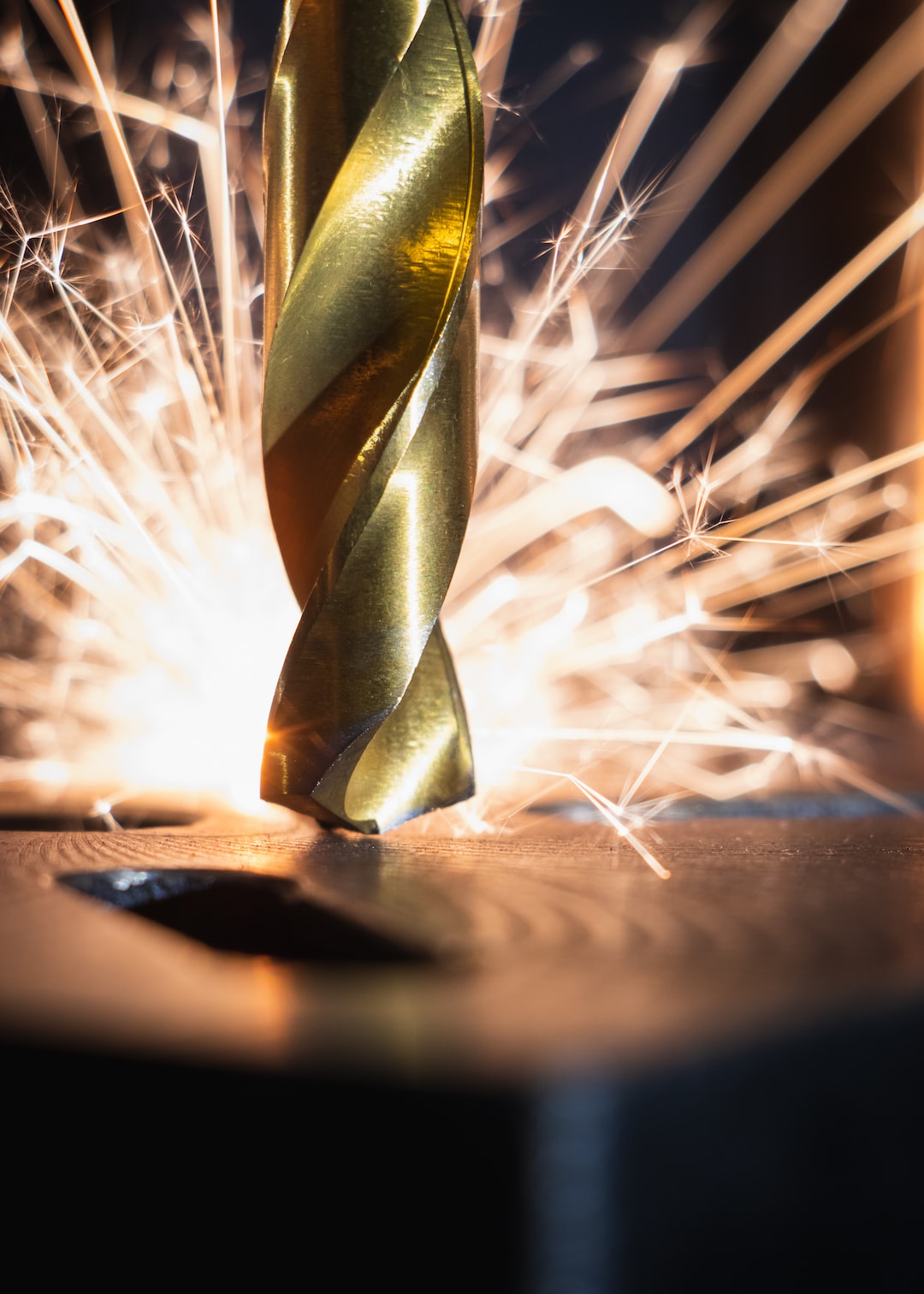The Rise of Smart Factories in Industry 4.0
The world is witnessing a technological revolution that is transforming the manufacturing industry. Industry 4.0, also known as the fourth industrial revolution, refers to the integration of digital technologies into various aspects of manufacturing. One of the key aspects of Industry 4.0 is the rise of smart factories, which are revolutionizing the way products are manufactured.
So, what exactly is a smart factory? A smart factory is a highly digitized and connected production facility that utilizes the Internet of Things (IoT), artificial intelligence (AI), and automation to optimize and streamline the manufacturing process. These factories are equipped with sensors, devices, and machines that communicate with each other, collect data, and make autonomous decisions.
In smart factories, machines are not just tools but intelligent entities capable of taking actions based on real-time data analysis. They can monitor and control production processes, detect anomalies, and identify potential issues before they even occur. This level of intelligence allows for faster production, improved quality control, and increased efficiency.
One of the significant advantages of smart factories is their ability to enhance productivity. Through the use of AI and automation, tasks that were previously performed by humans can now be carried out by machines. This integration of technology not only speeds up the manufacturing process but also reduces the chance of errors, resulting in higher quality products.
Furthermore, smart factories enable real-time monitoring of assets and processes. Sensors throughout the production line can collect data on factors like temperature, humidity, and pressure, allowing manufacturers to monitor the conditions in real-time and make necessary adjustments. This level of visibility helps optimize processes, reduce downtime, and minimize energy consumption.
Safety is another area where smart factories excel. Advanced robotics and AI-powered machines reduce the need for human workers to perform dangerous or repetitive tasks, minimizing the risk of accidents and injuries. Additionally, the ability to detect anomalies and potential issues in real-time allows for immediate response, preventing accidents and further damage.
The adoption of smart factories can also drive sustainability in the manufacturing industry. With real-time data collection, manufacturers can identify and address inefficiencies in energy consumption, water usage, and waste management. This data-driven approach enables better decision-making, leading to a reduction in overall environmental impact.
However, the transition to smart factories is not without its challenges. One major obstacle is the need to upskill the workforce. As technology advances, the skills required in the industry are changing. Workers need to be equipped with the knowledge and expertise to operate, maintain, and troubleshoot complex machinery and systems. In this regard, collaboration between academia, industry, and government is crucial to providing adequate training and education.
Another challenge is the issue of cybersecurity. With increased connectivity and digitization, smart factories become vulnerable to cyber-attacks. Manufacturers must invest in robust cybersecurity measures to protect their sensitive data, intellectual property, and production processes from malicious actors.
In conclusion, the rise of smart factories in Industry 4.0 is reshaping the manufacturing industry. These highly connected and digitized production facilities offer numerous benefits, including increased productivity, improved quality control, enhanced safety, and sustainability. However, the successful implementation of smart factories requires addressing challenges such as upskilling the workforce and strengthening cybersecurity measures. As the world embraces the fourth industrial revolution, smart factories will undoubtedly play a crucial role in driving innovation and transforming the manufacturing landscape.
